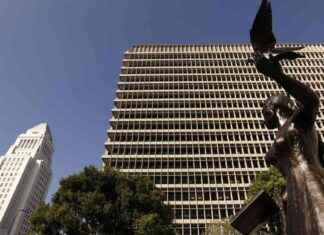The Taliban requested to speak at the U.N. General Assembly meeting, which is currently taking place in New York. They claim they meet all requirements for recognition of a government. The U.N. effectively responded to the Taliban’s request, signaling:
Afghanistan joined the U.N. as an early member in 1946. It seems almost certain that Afghanistan’s current ambassador will deliver the address this year, or that none will.
The U.N. has the power to withhold or bestow official recognition to the Taliban and can use this leverage to demand assurances about human rights, education for girls, and political concessions. Here is where the power and relevance of the 76 year-old world body remains.
Rohinton Medhora of the Center for International Governance Innovation in Canada said that Afghanistan is an excellent, and possibly extreme, case study of why the United Nations was established in the aftermath World War II.
He said, “If you are the U.N., and you want the family of nations represented, then you need absolutely everyone there — even the distant cousins that not everybody’s proud of.” “The U.N. must have Afghanistan and other countries in order to show the value of many of their operations.”
The United Nations can use its massive aid and development programs in Afghanistan to demonstrate how important its agencies are in ensuring stability and security. Due to political fallout, Afghanistan is currently facing multiple humanitarian crises as well as near-total poverty.






